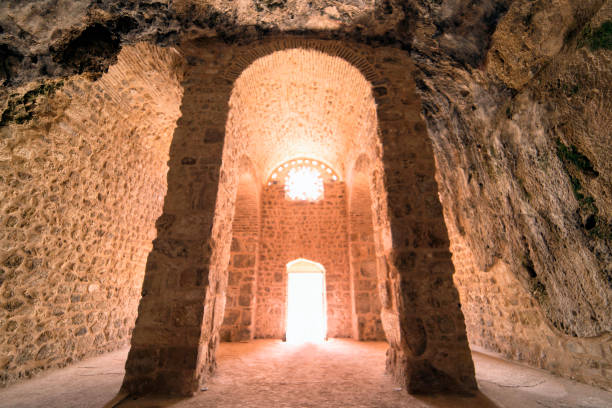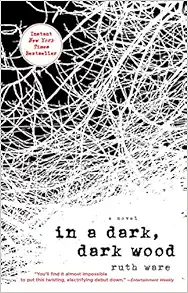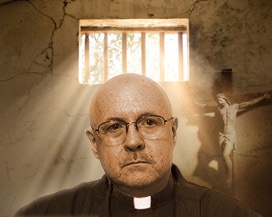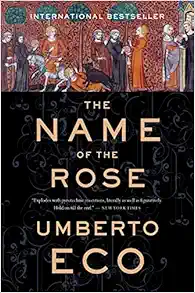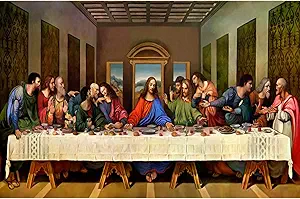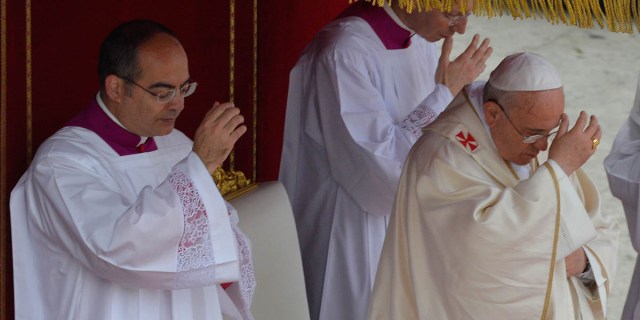Picture the dinner you've been invited to. You've been welcomed and prayed thanksgiving and praises. Now our host is going to tell you some stories. I picture everyone sitting around the table waiting for dinner to be served and talking. The host has center stage and he's a storyteller.
Jesus has invited us to the Passover Seder and His stories are the scriptures. We call this part of the Mass, the Liturgy of the Word. The reader or lector goes to the ambo (Latin for pulpit or lectern) and reads from a book of scriptures called the Lectionary. A good lector won't just read, he will proclaim. When I read at Mass I prepared my readings beforehand. I didn't want to stumble or mispronounce names. I also wanted my tone to match the tone of the scriptures. The First Reading is from the Old Testament. When I came to the end of the scripture, I pronounced the acclamation The word of the Lord, and all replied, Thanks be to God.
After the First Reading is a Psalm. This should be sung. In place of a Cantor leading the congregation in singing the responsorial psalm, the lector would simply read it. When I was the Lector, I read the psalm. No way I was going to sing. This is a psalm, not a penance.
The Second Reading is from the New Testament. Once again, when the lector finished this reading, the acclamation The word of the Lord, and all replied, Thanks be to God.
Upon finishing the readings, the lector returns to his seat. The congregation will stand and the deacon or priest will go to the ambo to read the Gospel. The Gospel is from one of the four Evangelists: Matthew, Mark, Luke, or John. This is the high point of the Liturgy of the Word because the Gospels tell the life and teachings of Jesus. It is so special, you will see the people do something with their hands on their foreheads, mouth, and chest. What are they doing? They are saying a prayer to remember the Gospel's teachings. The prayer copies what is prayed before the recitation of the Gospel.
The gesture is a direct imitation of what the deacon (or priest when a deacon is not present) is instructed to do before he recites the words of the holy Gospel. The Roman Missal states, “Then, with the thumb of his right hand, he makes the sign of the cross first on the book at the beginning of the Gospel to be read, and then on himself on the forehead, mouth, and breast.”
Following, the people take their thumb and make the sign of the cross on their own forehead, mouth, and breast, praying:
May the Word of the Lord be on my mind, on my lips, and in my heart.
After the Gospel reading, the acclamation
The Gospel of the Lord is said. Everyone responds with
Praise to you, Lord Jesus Christ, and sits down to listen to a homily. The homily should focus on the Readings drawing lessons from them to help us be faithful to Jesus' call to holiness.
A Profession of Faith follows with everyone reciting a creed (statement of faith). The Liturgy of the Word concludes with the Prayer of the Faithful, where we all ask God, on behalf of the Church, and the world to hear our intercessions.
That's it.
We sit and a collection is taken.




